Check out a few online aviation courses to find one you prefer. You’re going to be spending a lot of time with it, so make sure it’s the one for you.
We all started with zero time in our logbooks, our eyes on the skies, and our hearts in our throats. But, how does a pilot wannabe go from student pilot to suave airline pilot? Every pilot has their own unique flight track, but there are a lot more options now that there were just a few years ago. From flight simulators to online aviation courses, there are now many ways to reduce costs while still gaining valuable experience. Now that I’ve been there, I can look back and use my experience to help others find their way. I now hold an ATP, CFI, CFII, AGI, and IGI with over 9000 hours total time in about everything from Cessnas to Boeings. Everything, that is, but seaplanes and tail draggers. They’re on my bucket list.
I learned to fly in the Marine Corps. At the time, all Navy/Marine Corps pilots learned to fly the T-34B (lovingly nicknamed the “Teenie-Weenie”). When we first strapped it on, we knew nothing of actual flying but had spent the previous months learning the basics in the classroom. Since I was a “flakey liberal arts” major in college, I struggled and floundered and ended up spending many nights well into the next morning struggling through the textbooks, and barely squeaking through the exams. However, when I got to the airplane itself, I had a certain foundation of knowledge, so I wasn’t suddenly being kicked into the deep end. For my flight school (NAS Pensacola), there was a special motivation to get our wings: We were told that there was a platoon halfway up a hill in Vietnam, and if we washed out, we would get to lead them up the rest of the way.
The point of my reminiscing is that at each stage of my initial training, there was individual motivation and a period of concentrated academic study. Most civilian flight students don’t have the time for six days a week, eight-hour day classes. The difference between then and now is that through the internet, pilots have access to numerous schools and programs to get the important initial book training. Samples tests are everywhere, even the FAA. There are also detailed DVDs, online classes, and books with guaranteed programs to get you prepared to take and pass the written in a few days…but, this is where a problem lies. You want to pass the test, of course, but you also want to carry the knowledge with you into the airplane. The study material isn’t difficult, the problem is that there is just so much information. Some approaches just have the student simply memorize the material but they won’t get much in the way of useful retention that way. It’s important that you are using your situational awareness and actually taking in the understanding of your ground school, rather than just memorizing for a test. The military and the airlines instruct that way and they turn out a pretty good product.
What I’ve seen as a CFI is what I saw as a military instructor: you have to know your procedures. The more you know before you fly, even if you don’t fully understand it, the better off you will be. The only way to do that is to hit the books before you get to the airplane. Otherwise, you are spending money having the instructor try to teach you procedures in ground briefings and in the air. You may eventually learn to fly that way, but you’ll have missed a lot.
Taking a Look at the Available Online Aviation Courses
There many ways to get that basic knowledge before you fly. In my opinion, King Schools is the “granddaddy” of media aviation education with Gleim, ASA, Sporty’s and a variety of other courses tied for second. They allow you to complete courses designed to give you information at your own pace. Much of their value is that you can acquire the information in a measured way, and then approach the written tests as a separate project. That way, when you start flying, there will be one less thing to worry about. If you need more of a structured approach, many community colleges offer one-semester ground schools to prepare you for the exams. Sheppard Air, Inc has a highly regarded website which is designed as a unique approach to preparing for the exam, but as always, programs like Sheppard’s should be done after the initial study is complete.
These very competitive markets will be scrambling over the next year as the FAA changes from the Practical Test Standards (PTS) to the new Airman Certification Standards (ACS). The FAA is making these changes to make the flight test and the written test more compatible, and to bring the requirements up to date with the real world.
For my new students, I recommend that they get their book knowledge and the Private Pilot written exam out of the way, and then go fly. There is nothing wrong with taking a few introductory flights to see if you like it, but I believe that the flight training should begin after the classroom training is complete and the written passed. You’ll save yourself money because when you’re ready to fly with the instructor, you’ll be reinforcing what you know rather than seeing it for the first time.
Most importantly, check out a few online aviation courses to determine which one you prefer. You are going to be spending a lot of time with it, so make sure it’s the one for you. Now, let’s go fly!
Online Aviation Courses Recommended by Author:
//www.aopa.org/Pilot-Resources/Learn-to-Fly [Not a flight school per se, but an excellent resource in your quest to find one.]
www.sportys.com/pilotshop/learn-to-fly-course-online-private-pilot-test-prep.html
//ww1.jeppesen.com/personal-solutions/aviation/online-training.jsp
//www.faa.gov/training_testing/testing/test_questions/media/PARSampleExam.pdf



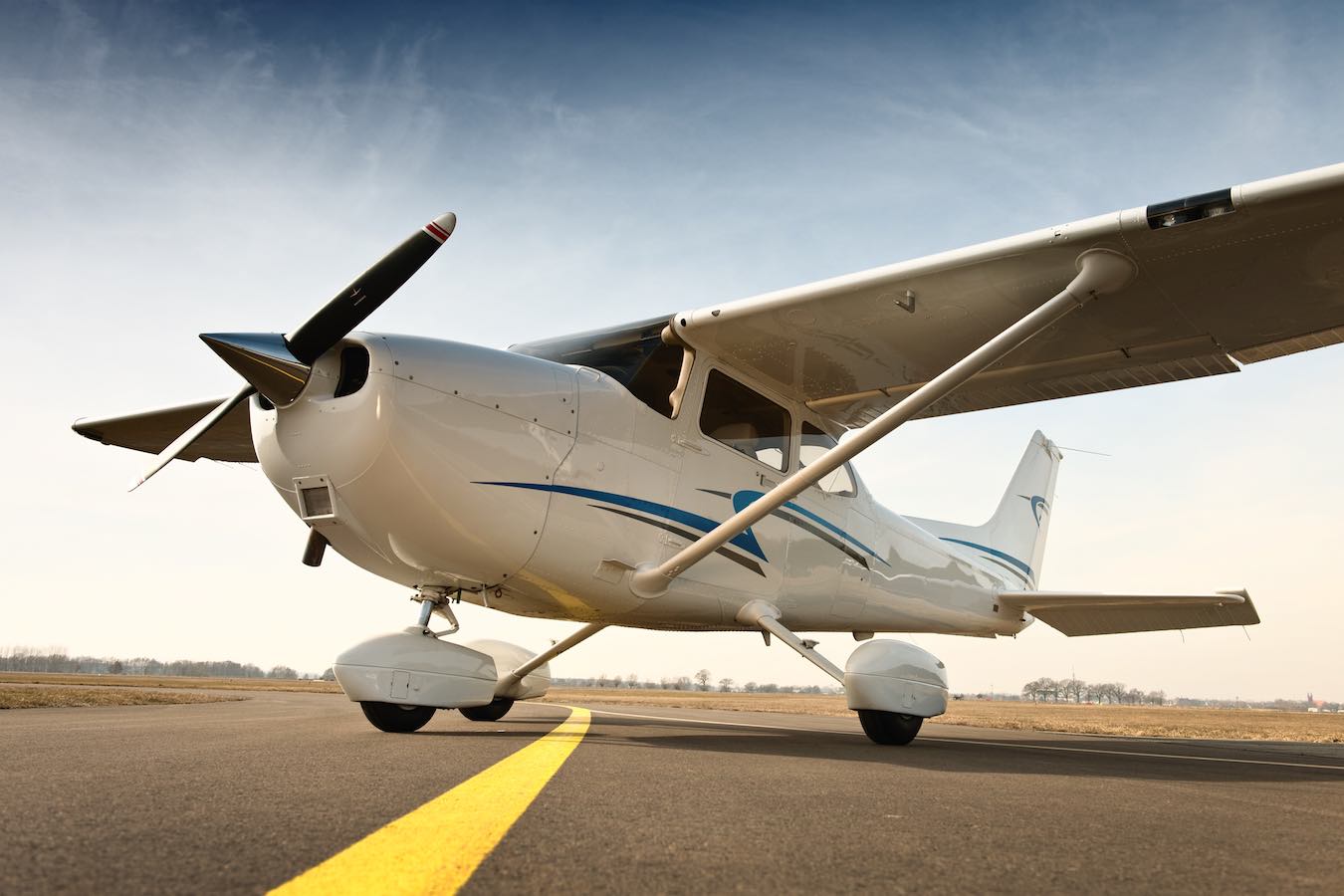


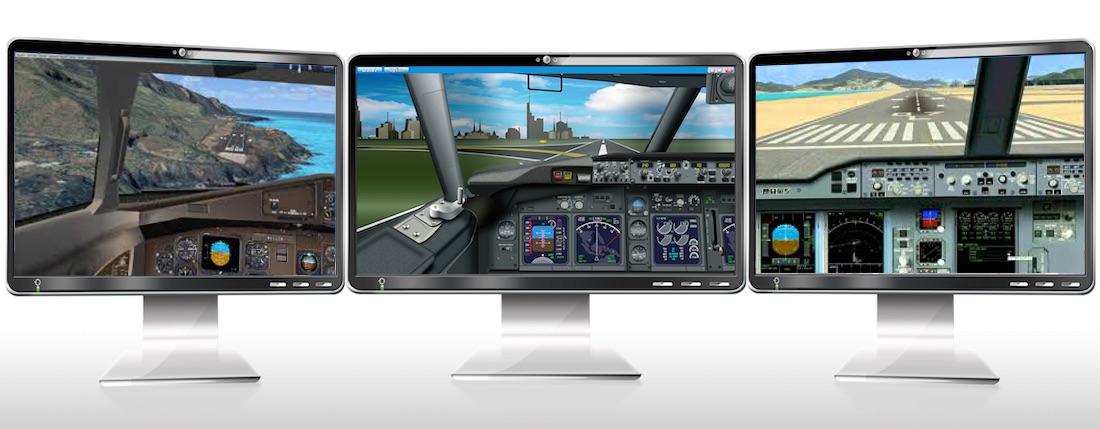

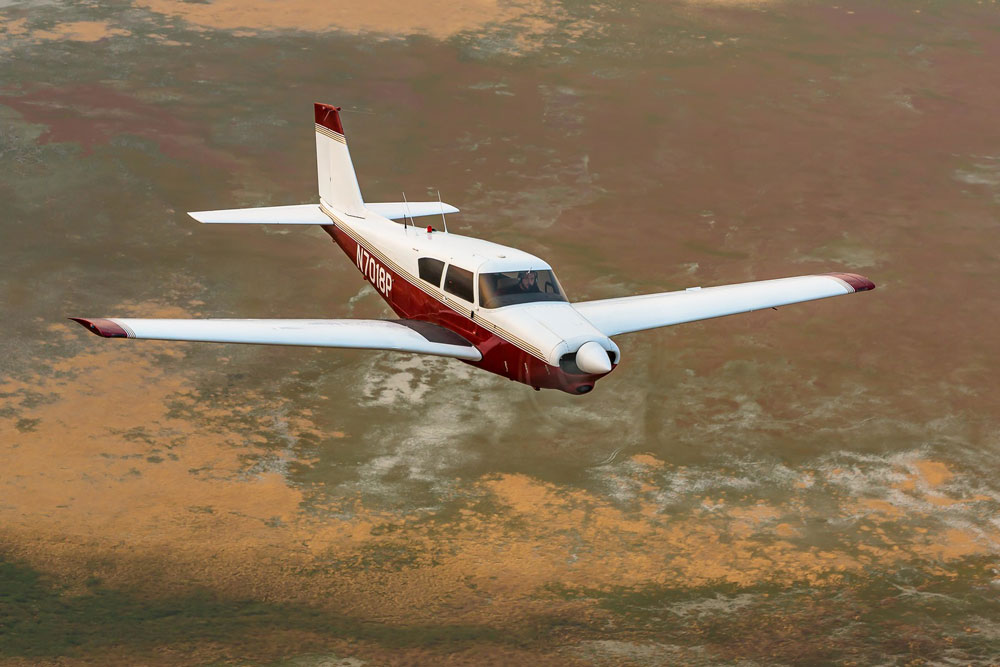
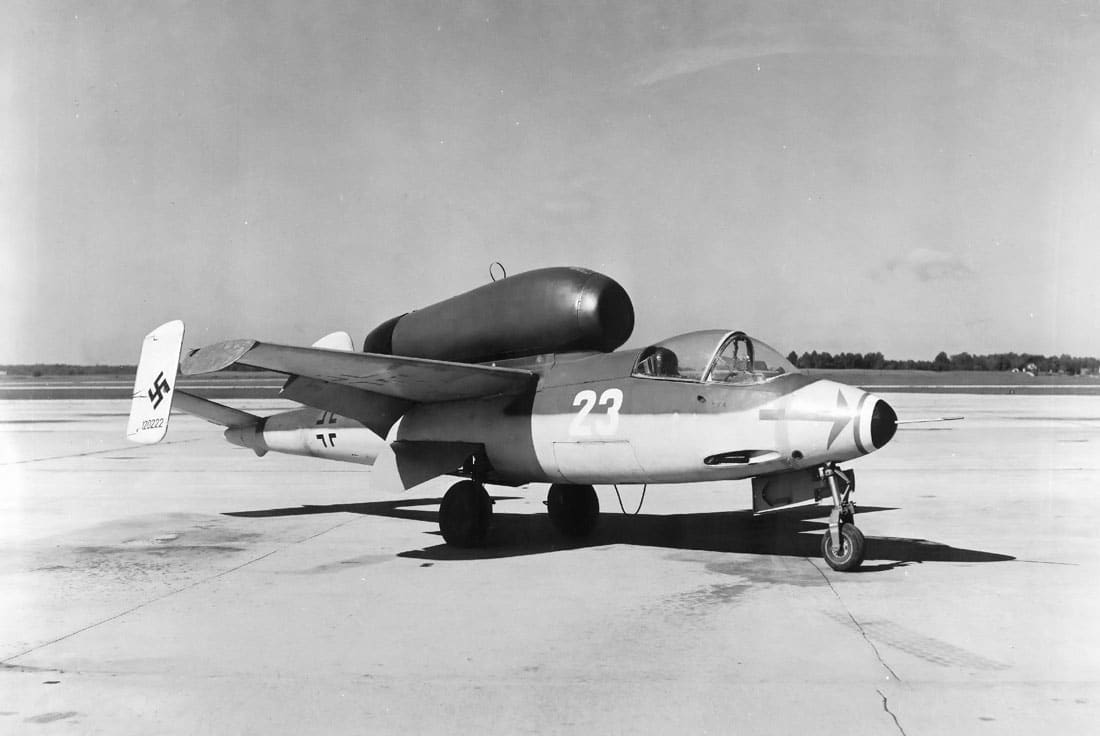
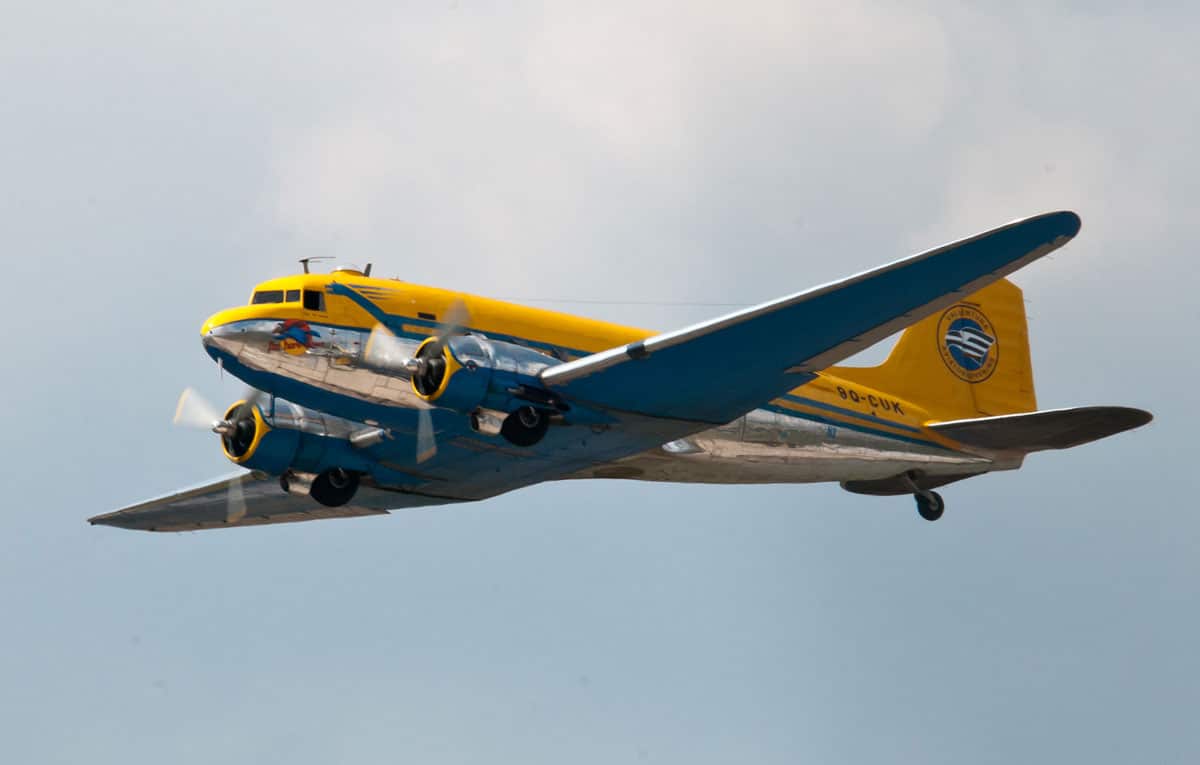
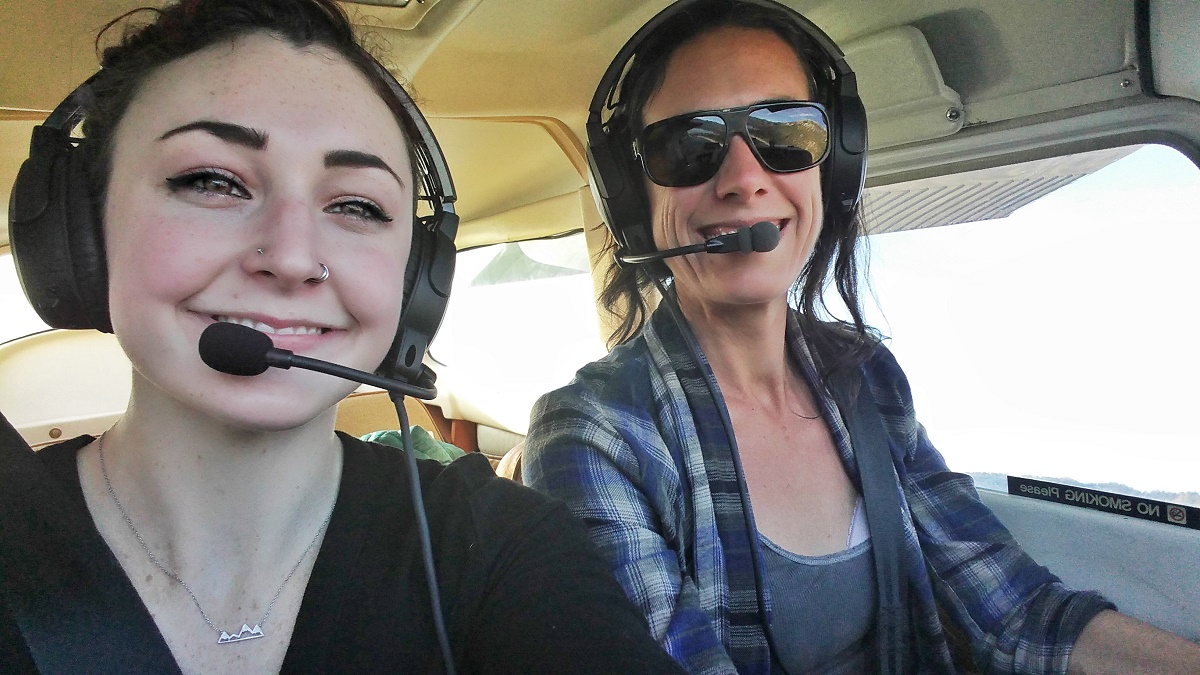
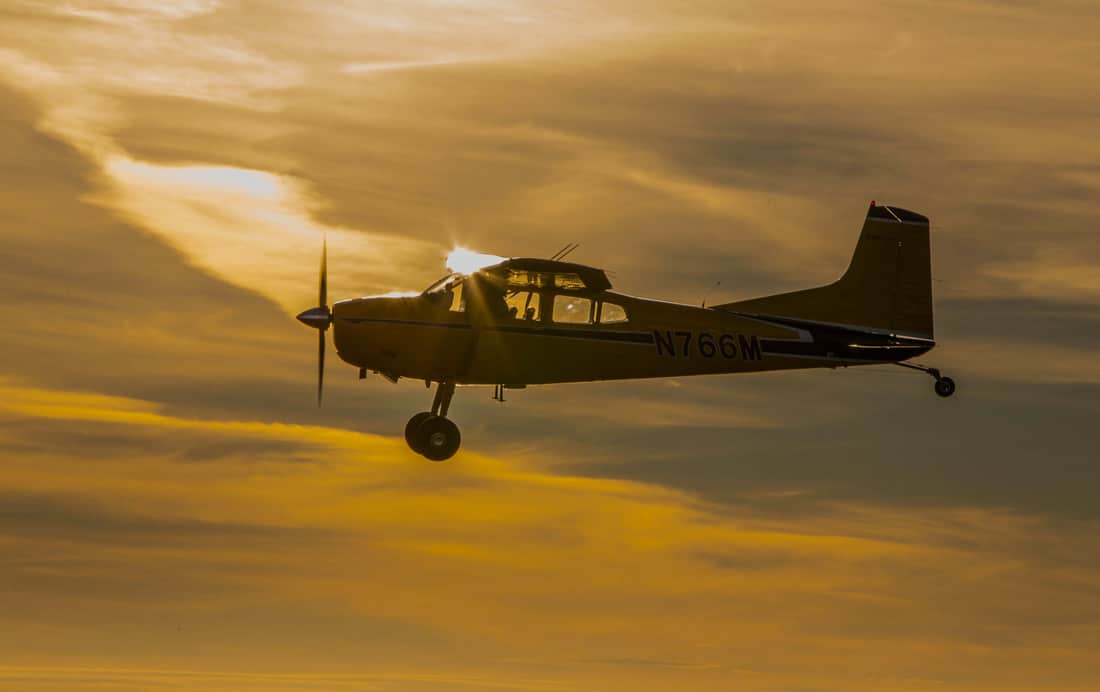
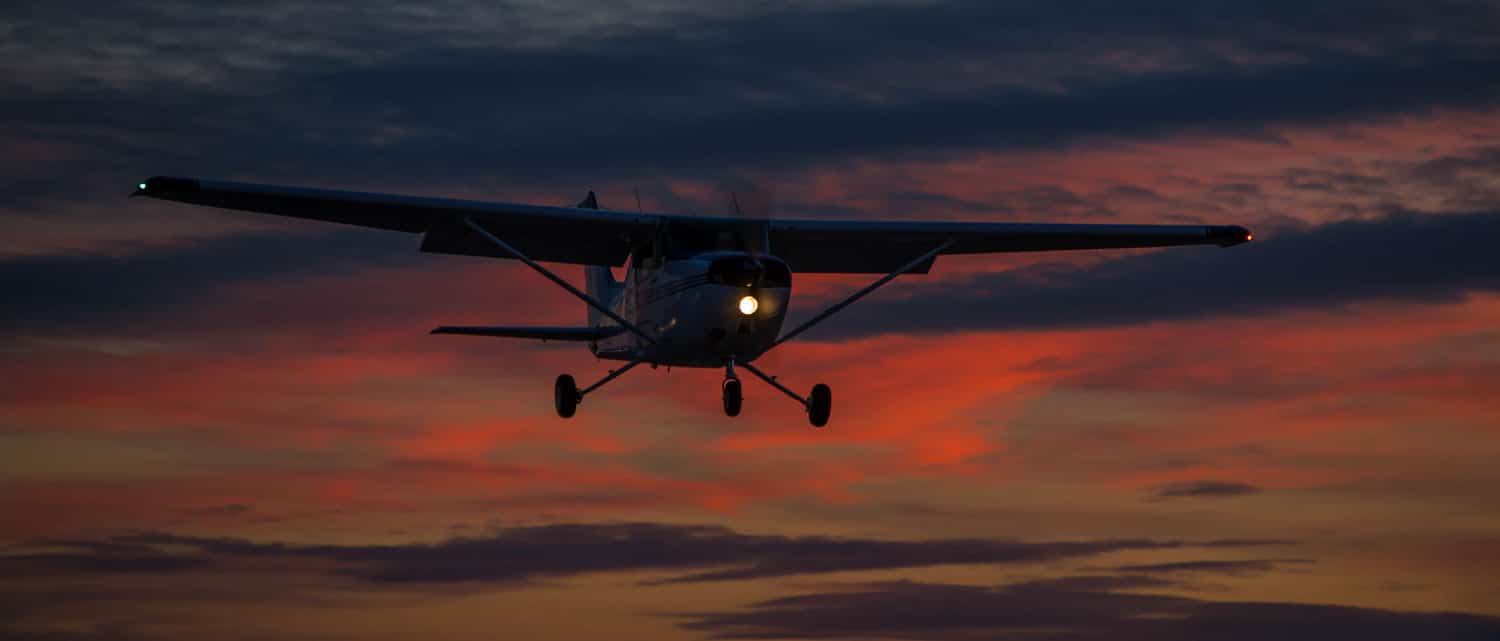
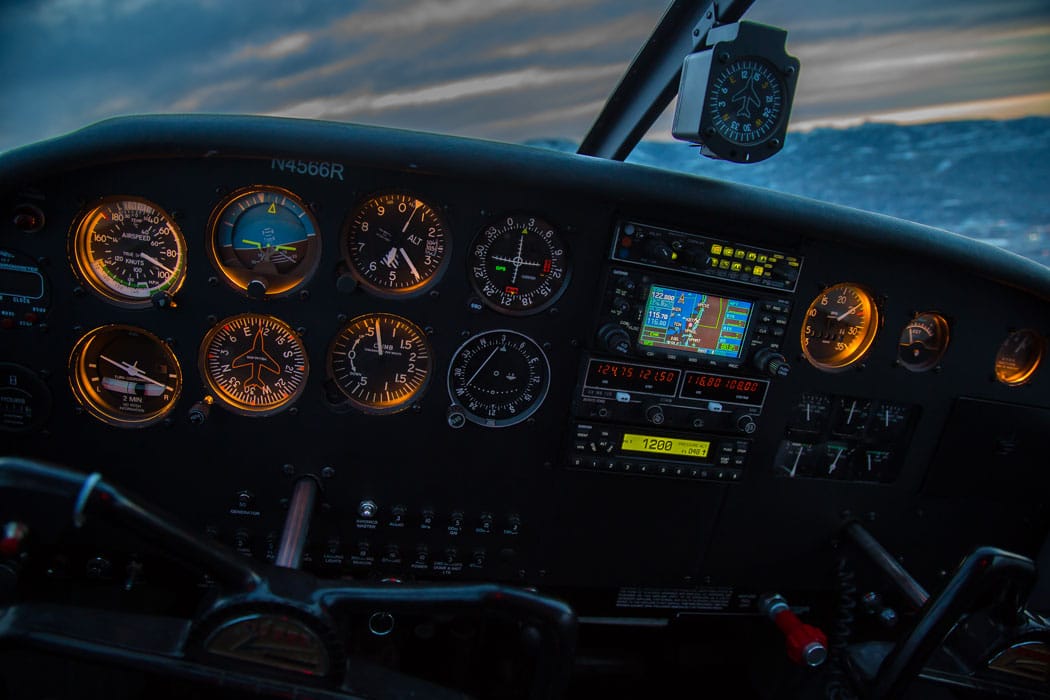
Leave a Reply